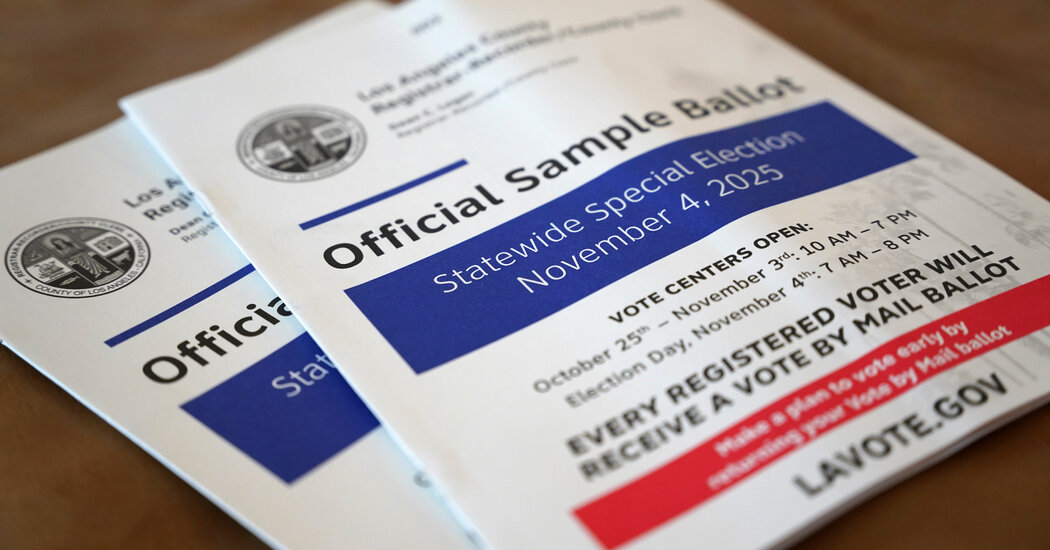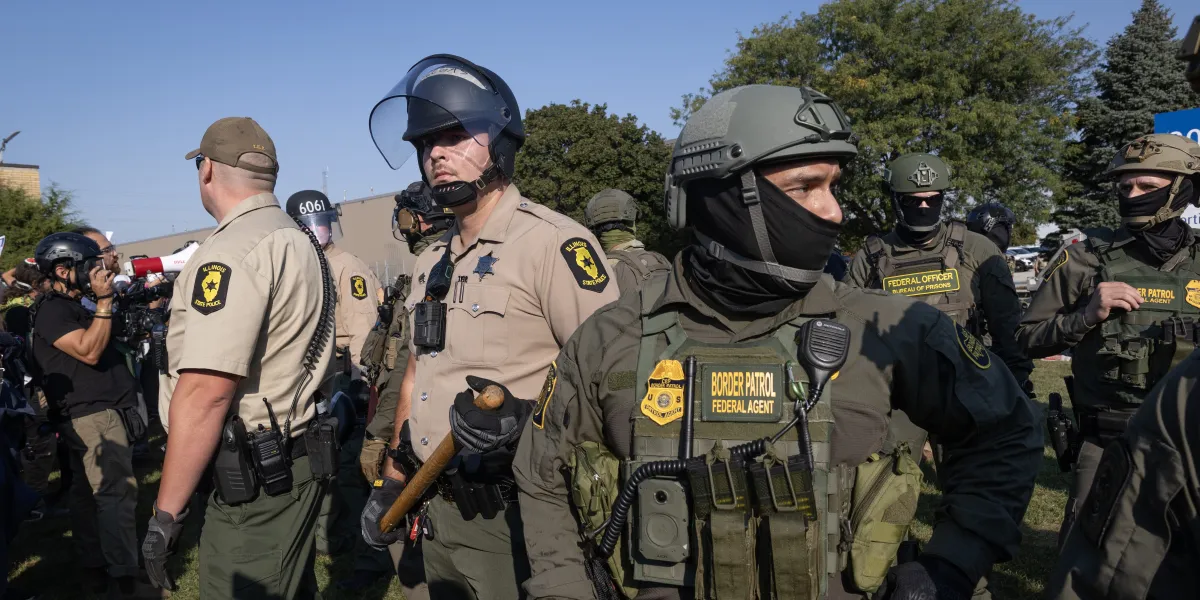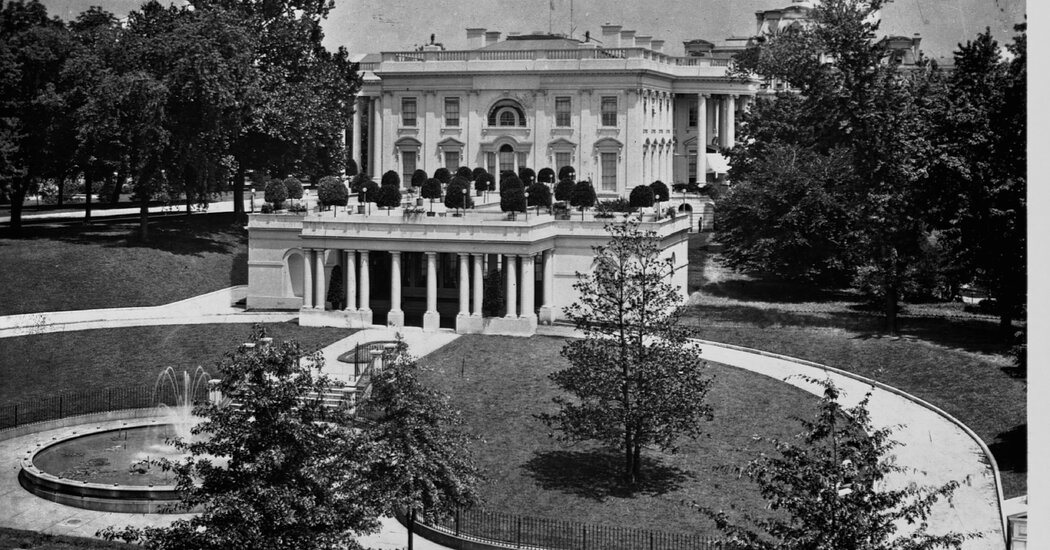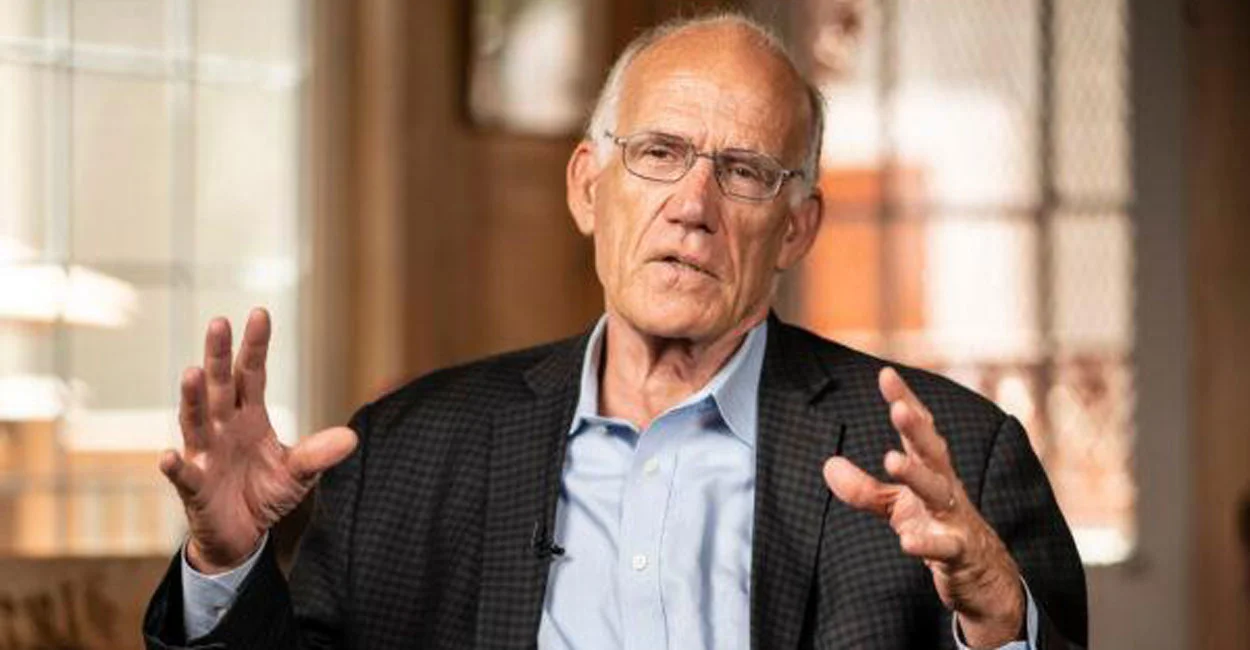Copyright scotsman
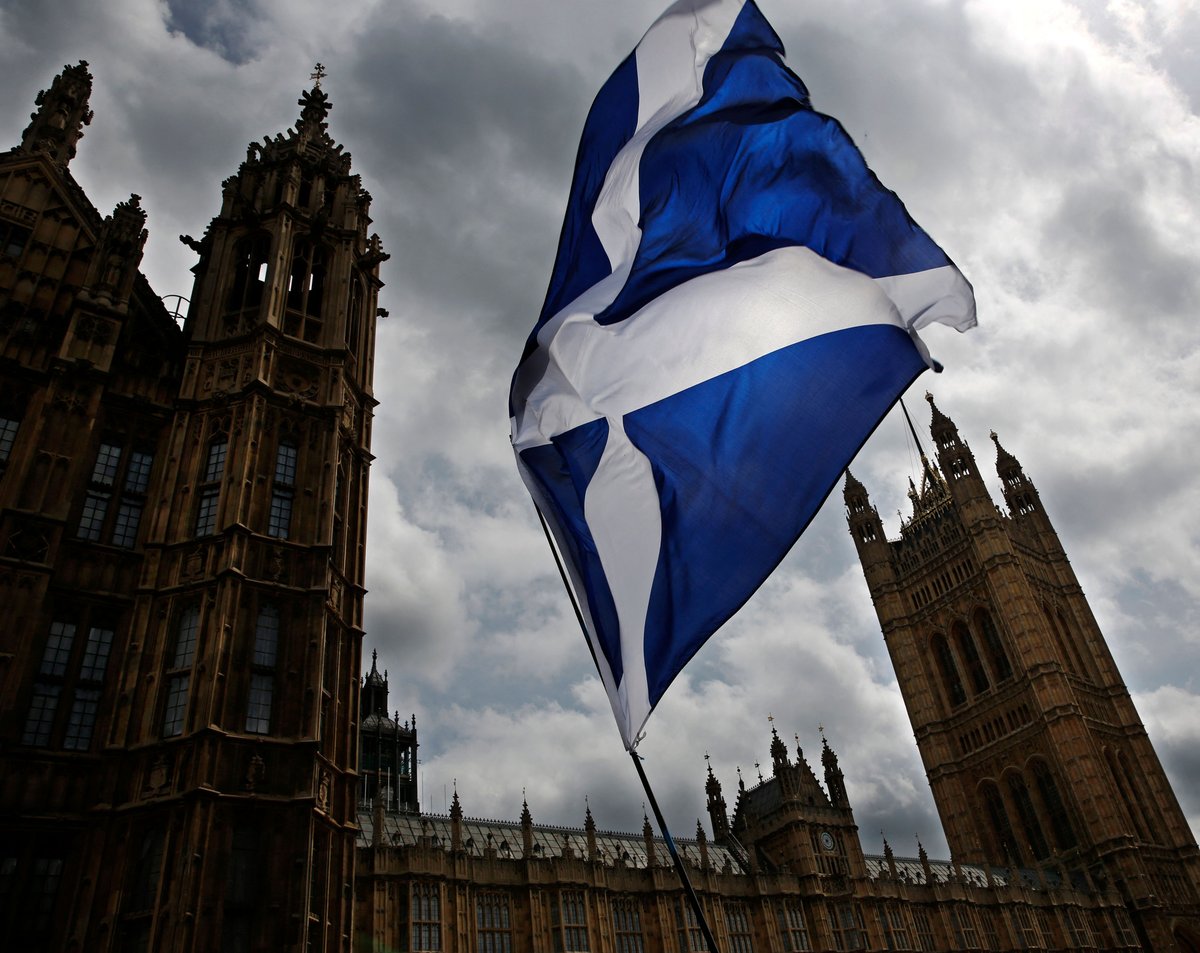
The world of politics is changing. The idea of democracy is being questioned. A volatile and fragile electorate sees traditional alliances, loyalties and other certainties shredded. Anger and resentment stir the minds of the voters. This “confluence of calamities” and the unpredictability of voters will be the background to the Scottish Parliament elections being held in May 2026. After 26 years of Devolution and 150 years of debate at Westminster, Scotland must waken up to the fact that there is no serious debate taking place about Scotland’s political and constitutional future. This is, however, a tale of three stories. First, the SNP seems determined to pursue Independence to the exclusion of any alternatives, and by definition seeking short term political gain at the expense of a more reasonable long term vision for Scotland: party rather than people, diktat not dialogue. Second, our traditional political parties attack independence but provide no alternative vision or ideas for Scotland’s long term future. This has a political cost. Fear of being associated with Independence, nationalism and the potential backlash from Westminster, real or imaginary, undermines achieving a distinctive identity in Scottish politics. Third, Westminster remains remote from the spirit of Scotland and the other devolved nations. Scotland’s future is “unfinished business,” requiring more, imagination and energy. Britishness is not the answer. We need a debate focussed on creating a Union of Nations, opening up the possibility of more productive exchanges on a range of options for Scotland’s future: a dialogue about the long view leading to a unity of purpose and a possible consensus on a way forward. Not the desperate “let’s get it over the line” strategy of the SNP. Building a sustainable future requires us to take the long view. Adding to the political complexity and uncertainty, there is no accessible constitution or rules based guidance as to who, when, what or how Scotland’s future is decided in a Westminster world of absolute sovereignty. The recent SNP conference revealed the same old arguments on what constitutes a “mandate” for Independence. Should a majority of seats for the SNP at next year’s elections be the green light to immediately negotiate our exit from the Union or hold a referendum first, which was the leaderships preference. Only in 2011 did the SNP win a majority of seats in the Scottish Parliament. There is no significant change in thinking, just a party speaking to themselves, tactical not strategic, reassuring the faithful but no clarity for the voters. The governing party continues to insist on promoting one idea and ignoring a nation deeply divided on Scotland’s future: after nearly 19 years of governing and campaigning the SNP has made little progress, if any, on their signature issue. Blaming Westminster for all the ills of Scotland may stir emotions but make little sense. And now, at the SNP conference, a different ruse. Devolution has run its course, they argue. No more can be achieved, powers have been exhausted, no more potential to be realised, are being put forward to justify a new attempt on the summit of Mount Independence: there is, of course, no evidence to substantiate such claims. It is the same narrative. Reality paints a different picture. Key policy areas have seen little progress. Some have gone back not forward since the SNP took control in 2007. No concessions are made to other ideas of what Scotland’s long term future might be: there is no sense of national unity, social solidarity or unity of purpose or even a hint of a consensual approach on future direction. The potential of the Scottish Parliament has not been realised. Support for independence is significant but stalled. Opinion polls since 2014 are overwhelmingly negative An interesting overview from Wikipedia of every poll in Scotland since the referendum in 2024, reveals that faced with the question, “Should Scotland be an Independent country”, of nearly 340 polls, 257 said No and 81 Yes. In addition of the 73 polls showing a majority over 50%, Yes had 26% and No 47%. Polls reflect moments in time. But clearly a majority of Scots are not signing up : a policy vigorously pursued to the exclusion of others and creating such divisions over an exceptionally long period, is not recognised as failure by the SNP. Ignoring the views, of more than half of Scotland’s electors and other political parties, is divisive and destructive. A disunited Scotland exists dashing hopes of achieving a “settled will” of the Scottish people. The SNP strategy is, to sneak a majority, one more push, get the job done, margin of victory not an issue, a tiny majority will do. This makes little sense. The Brexit-binary vote- was a lesson in political and reckless drama. This approach is harming Scotland. As Abraham Lincoln famously said, “a house divided against itself cannot stand.” We are that house. Scotland is an ambitious nation. Devolution was intended to build the foundations, release the energy for a bright future, and provide a sound basis for longer term thinking to realise the potential of a modern parliament and government. Taking the “long view,” provides a platform for Scots to make more informed choices about their long term future and their relationship with the United Kingdom. The traditional and non-independence parties must rise to the challenge, and create a constructive dialogue with the Scottish people. The SNP must view Scotland through a wider lens and pursue a more meaningful and inclusive debate. Westminster must waken up to the advantages of considering some form of federalism or through neglect maintain, in name only, a Union, built on grievance, resentment and wasteful anger. It is time to put Scotland first. Surely we can do better than this?
